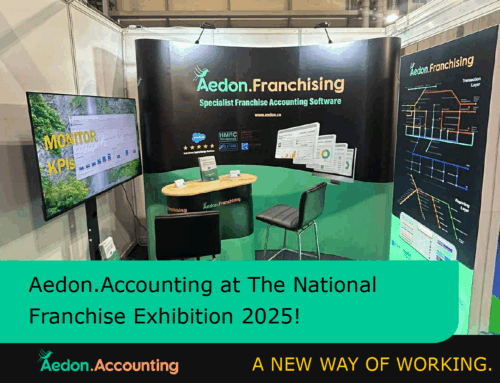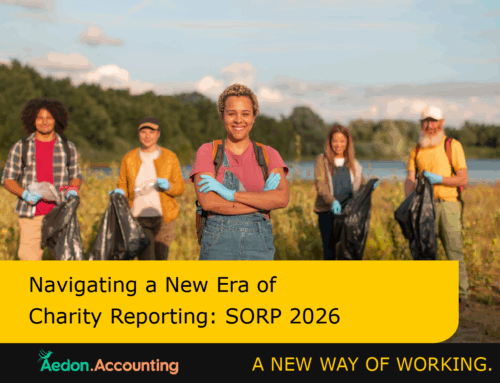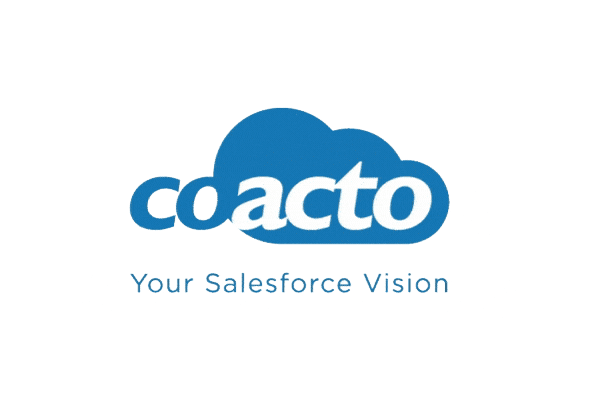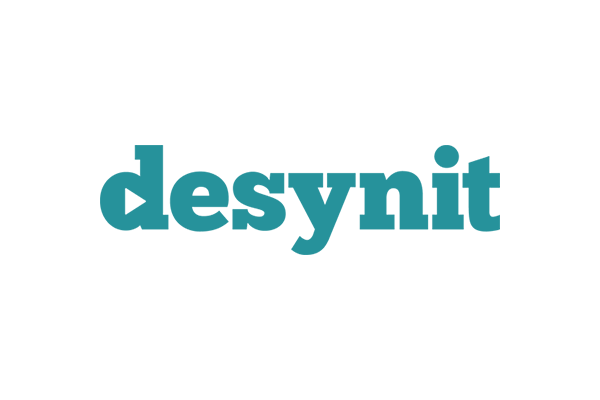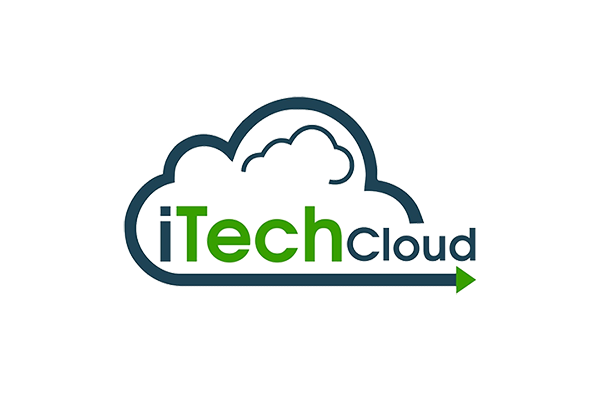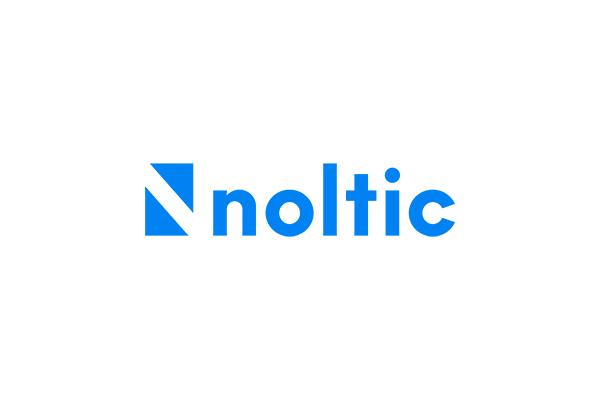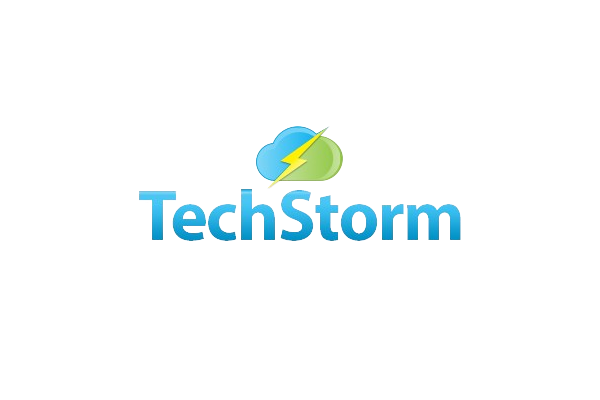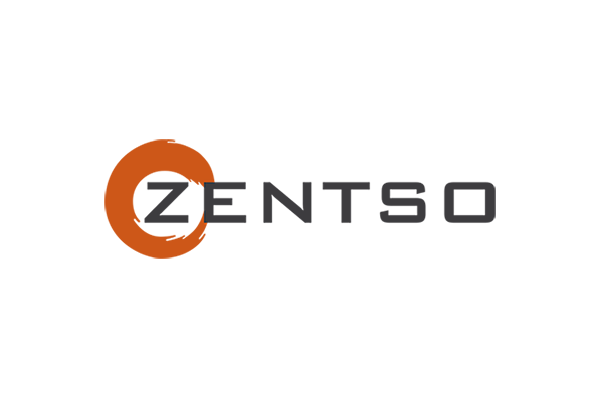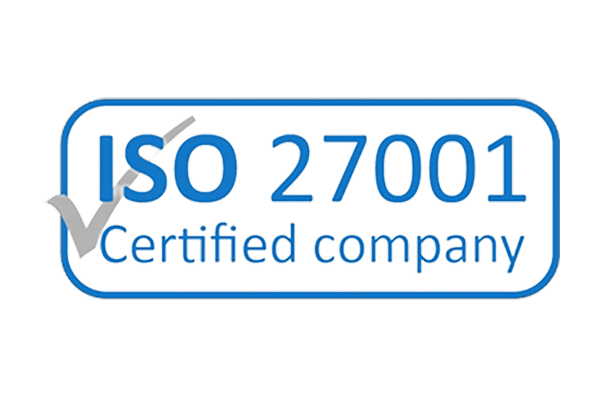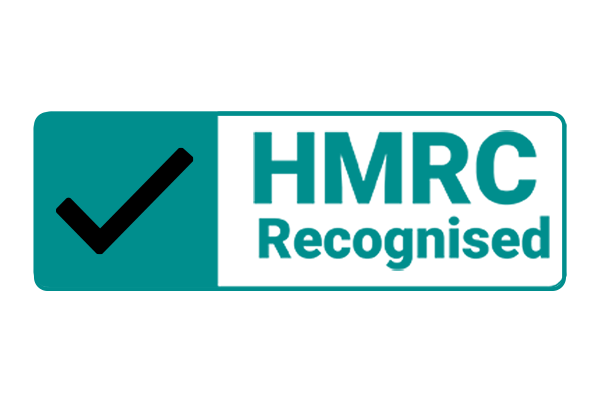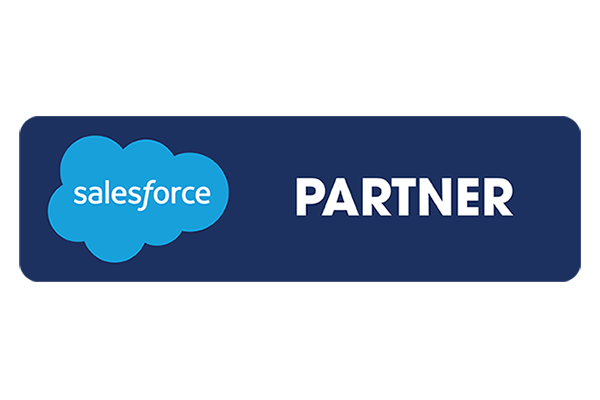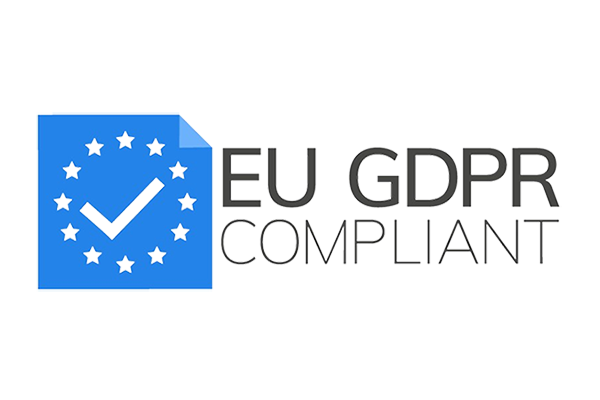Spreadsheets Aren’t Enough: Why Aedon.Accounting Is the Smarter Choice
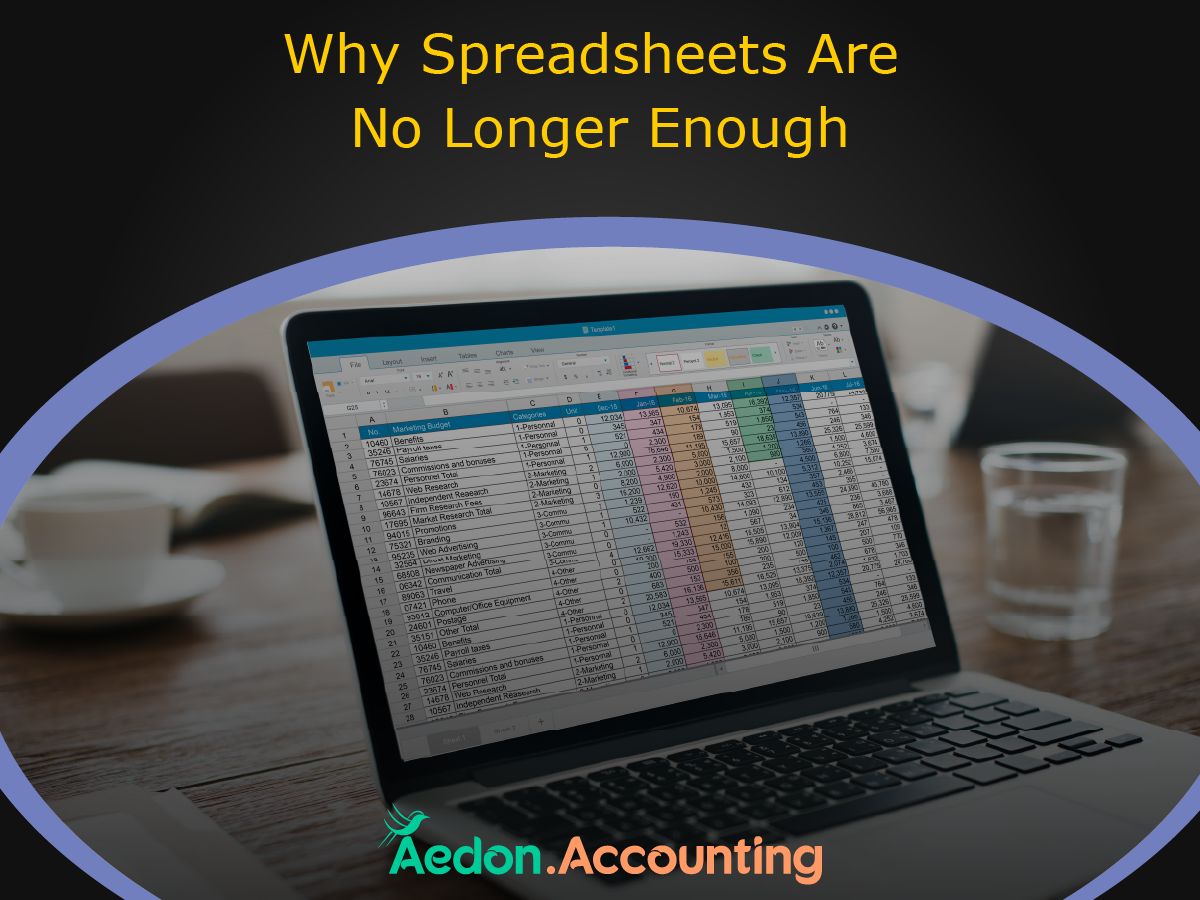
Published:4 September 2025
For decades, Excel spreadsheets have been the default finance tool. They’re flexible, widely understood, and cost virtually nothing to run. But the reality is: they were never designed to run entire finance operations.
As organisations grow, so do the demands on finance teams. Compliance requirements become stricter. Stakeholders expect faster, clearer insights. Risk tolerance shrinks. Meanwhile, the humble spreadsheet struggles to keep up.
It’s time to move beyond spreadsheets. Here’s why modern accounting software — specifically Aedon.Accounting — makes sense for forward-thinking organisations.
1. Real-time data — without the manual legwork
Excel is a snapshot. You capture data at a moment in time, and from there, it’s static until someone updates it. If you want fresh figures, you (or someone on your team) must:
- export new data from your CRM or bank,
- check for formatting errors,
- replace or append old data, and
- recalculate reports or dashboards.
That process is time-consuming, error-prone, and easy to delay. In fast-moving organisations, it often means decision-makers rely on outdated numbers.
Aedon.Accounting is Salesforce-native. Your CRM and finance data live together, so your dashboards pull the latest figures automatically. No exporting. No reformatting. No waiting for a team member to manually reconcile everything. Refresh the page, and your insight is ready.
2. One single source of truth
When you use spreadsheets alongside your CRM, you’ve effectively created two sources of truth. You might have a “master file”, but there’s always a copy somewhere: saved locally, stored on a shared drive, or emailed to a stakeholder.
This duplication causes confusion and risk:
- Two people work from different versions — and draw conflicting conclusions.
- A formula is changed — but no one knows why or when.
- A crucial update in the CRM never makes it to the spreadsheet.
With Aedon.Accounting, your CRM and financials are unified. There’s no version chasing, no conflicting reports, no mystery edits. Everyone — from trustees to department heads — works from the same accurate, consistent data.
3. Better compliance and audit trails
Excel makes it easy to make changes — and that’s part of the problem. Anyone can adjust a number, overwrite a cell, or change a formula without leaving a trace. That lack of control is a nightmare for auditors, regulators, or funding bodies.
Modern accounting systems log activity. Aedon.Accounting tracks approvals, journal entries, allocations, and adjustments, all with timestamps and user IDs. When someone asks, “Who made this change, and why?”, you have the answer instantly — and with confidence.
4. Time saved, clarity gained
Every extra click between systems wastes time. Every manual calculation introduces risk. Every unclear report frustrates stakeholders.
Here’s what happens when you move away from spreadsheets:
- Faster closes: Automated data pulls mean month-end can take days, not weeks.
- Cleaner reporting: Dashboards built for non-finance audiences deliver clarity instantly.
- Strategic bandwidth: Your finance team spends less time firefighting, more time planning.
- Instead of producing spreadsheets no one fully trusts, you deliver insight everyone can rely on.
5. Better communication with stakeholders
Stakeholders — trustees, donors, directors, investors — need confidence in your numbers. They want clear, timely answers, not a discussion about whether the latest version of a spreadsheet is the right one.
Aedon.Accounting offers real-time dashboards that non-finance users can understand. It turns finance from a back-office cost centre into a forward-looking decision partner.
6. Risk reduction and peace of mind
When errors slip into spreadsheets, they can go unnoticed for months — until an audit or funding review exposes them. By then, the clean-up is expensive and the trust damage is worse.
Cutting out manual steps and consolidating your data into one platform reduces that risk. You know where your numbers come from, how they’re calculated, and that they’re consistent everywhere they appear.
Excel has its place — for analysis, ad-hoc modelling, and exploratory work. But it’s not designed to run a modern finance function. For that, you need a system that’s integrated, automated, and robust.
That’s Aedon.Accounting.
👉 See how much smoother, faster, and safer accounting can be. Book a demo today and explore what a Salesforce-native accounting platform can do for your organisation.


